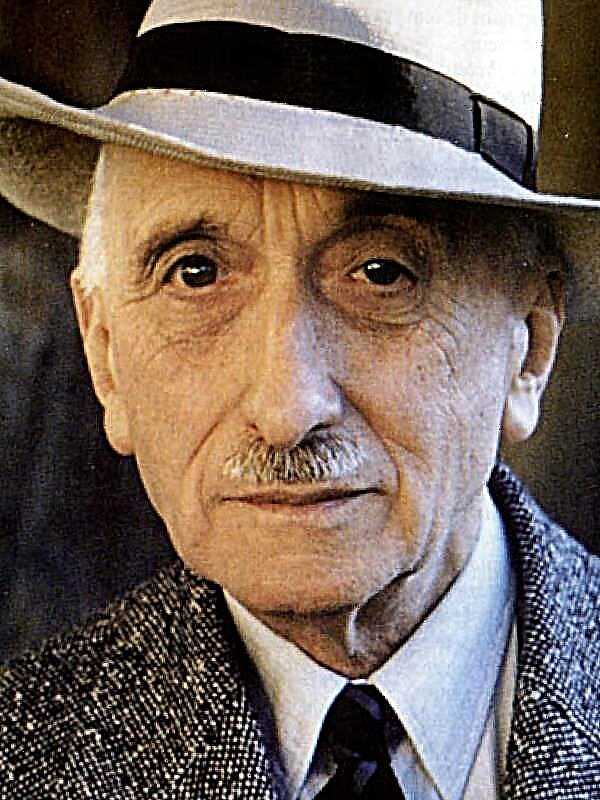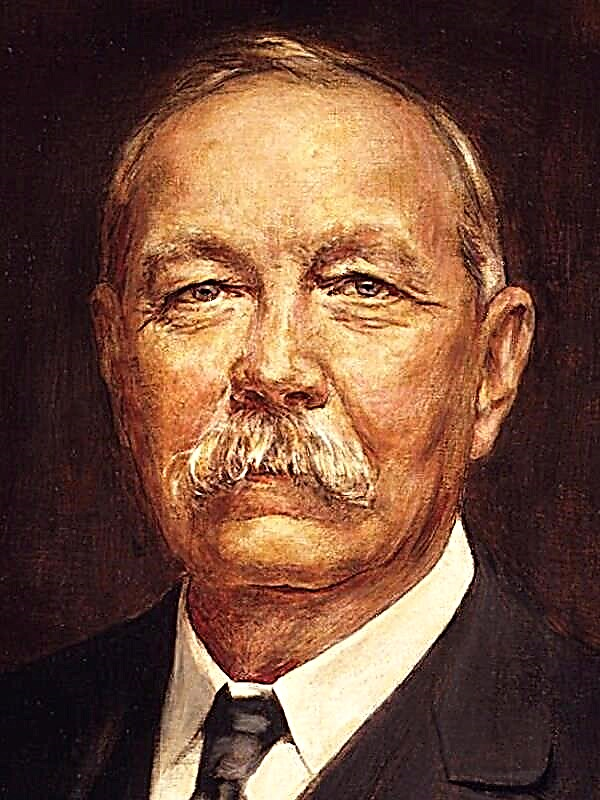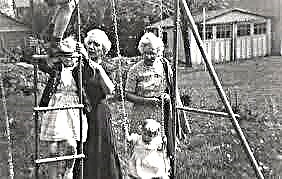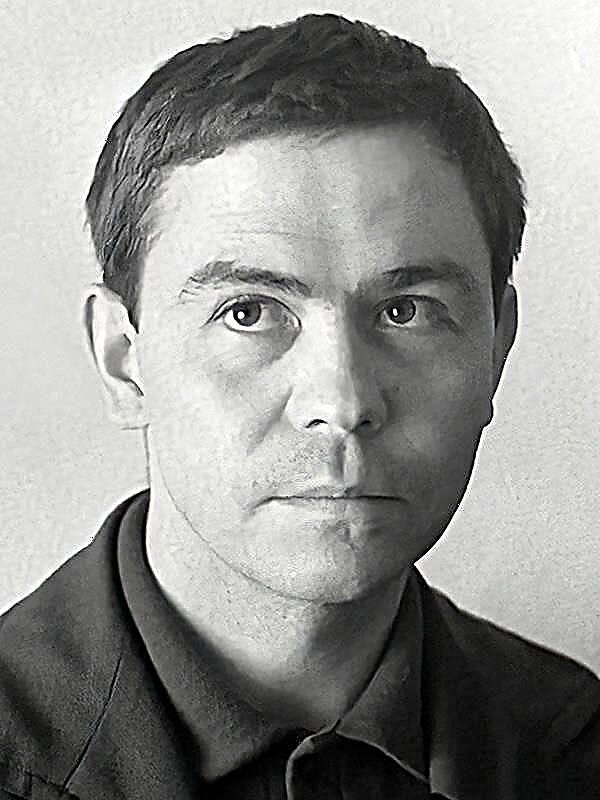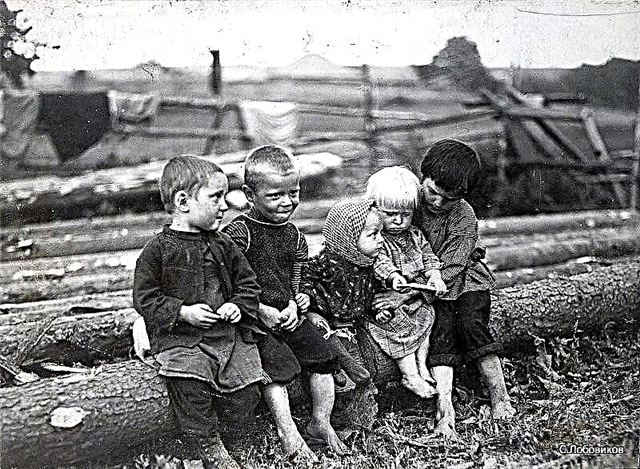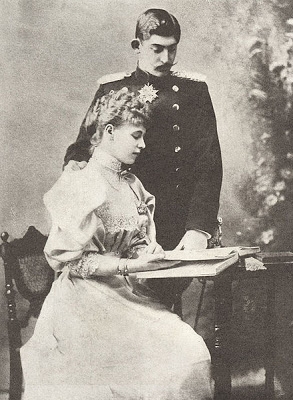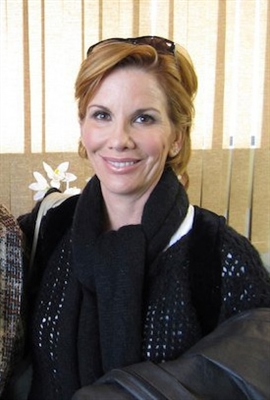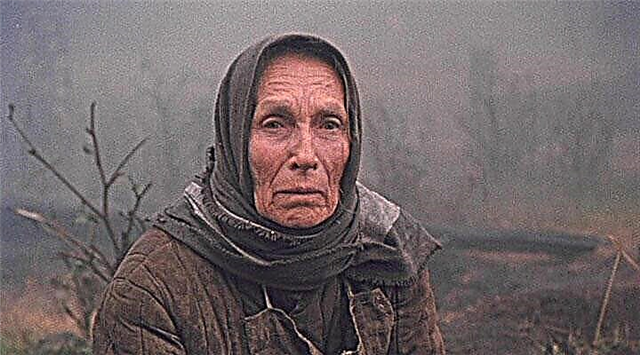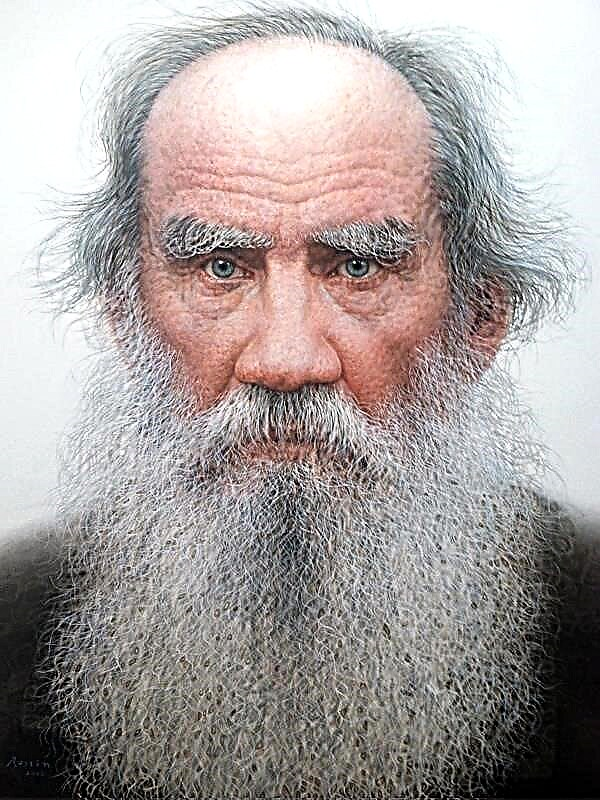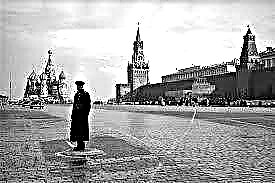The novel is the story of the life and quest of the Danish intellectual, a contemporary of Jacobsen, which the author carries a generation back - about twenty years.
The book opens with a description of the characters of the hero’s parents: his mother is an enthusiastic romantic soul living in a world of poetic dreams, and his father, who has seen the largest capitals of Europe, is educated enough to understand the importance of education and not take the poetic vapors too seriously.
Nils Lune is friends with the pastor’s son, Fridtjof, and the son of distant relatives, Eric, who was promised the future of the sculptor, who was temporarily handed over to his father. Teaches boys a home teacher - “not completed the course” (ie failed on exams) theologian and philosopher Bigum, who considers himself an unrecognized genius, “whose contemporaries have not yet been born.” Poor and unattractive, he is hopelessly in love with a relative who is visiting Lune - a young aunt Niels Edele, a brilliant socialite sent to the village to improve her health. Beautiful and elegant, accustomed to salon communication, the young woman keeps even relatives at a distance and sharply, although not without inner sympathy, rejects Bigum's love when he finally dares to explain himself. In fact, what did the teacher hope for? Undoubtedly, he knew her answer in advance and in vain inflamed his imagination. Do not strive for the impossible. But if he wants to suffer, let him suffer! Naturally, she cannot forbid him to suffer. Yes, she doesn’t care!
A year later, in early spring, Edele, the subject of Niels' first boyish love, dies of consumption. No one found out about her own love for the famous artist, for whom Edela was just one of thousands of fans. Niels is passionately worried about her death. At the moment of farewell, he asks God to keep Edela alive, but God does not hear him, and the boy rejects God, without ceasing to essentially believe in him, because he still does not think about faith.
Soon friends parted. Eric is sent to the famous sculptor, and Niels and the pastoral son Fritjof enter the University of Copenhagen; they are captivated by the intellectual and artistic life of the capital, they are enthusiastic about new ideas and trends. Niels, among the few chosen ones, becomes a regular in the house of Frue Boyer, a brilliant thirty-year-old beautiful widow, known for her free views and ease, by the way, not dissolute behavior. Adroit and artistic coquette, fr Boye captivates Niels - she plays with him, enjoys adoration, admiration for her beauty. Niels is painfully in love with her.
A year passes. A young student is urgently called home to Lönborgorden, where his father is dangerously ill. Nils does not find him alive, Shaken by the death of her husband, his mother falls ill. She feels doom, but gradually her condition becomes better so much that they, along with Nils, go on a trip to Italy and Switzerland, which Bartolina dreamed of all her life. Surprisingly, historical castles, squares and treasures of art do not cause special enthusiasm for her. Their perfect literary image promised much more. Bartolina Lune is slowly fading away. But she experiences a closer, more than ever, union with her son and dies in his arms in Klaran, after which Nils immediately returns to Copenhagen.
After the experience, Niels sees Fra Boyer in a different light - the word "bohemia" and asks him to mind. But the unforeseen happens: Fru Boyer, who preached a previously free feeling, is engaged, she marries: all her previous behavior was a pose; yes, she is the most ordinary woman, and she wants to get into the light again, she needs support. Although Niels is not indifferent to her: she herself does not know if she plays the next “scene” or really wants love, Fr Boyer barely surrenders to Niels. But he does not want to destroy the illusion dear to him of tender platonic relations. Niels is left alone. And eagerly swallows books (“To know is as beautiful as living in the world!”), He is engaged in aesthetics and philosophy, writes poetry. He reaches such a degree of emancipation that he refuses to believe in God, preaching faith in atheism, which he frankly tells the free-thinking conservative (there are such!) Dr. Yerryl. According to Lune, the streams of love emanating from people to God, with universal atheism, will return to earth. Then they will turn from person to person, heaven will be empty, and kindness, justice and wisdom will reign on the earth.
Meanwhile, Eric returns from Italy, who left there as a beginner sculptor, and returned as a successful painter. Together with Eric, they visit the Fjordby manor in the summer, where he lives with her husband, landowner and businessman, another aunt Niels. Here, on the estate, both friends fall in love with Niels's cousin - the young, well-educated and very natural Fenimore. More cheerful and energetic Eric wins her love, his offer of a hand is accepted, and Niels returns to Copenhagen alone.
He again suffers from loneliness: constantly being in public, he watches them, but he is not with them. Niels feels: he still has not found himself, and all his scientific, philosophical and poetic studies are nothing more than preparations for a jump, which he may never dare to take.
Two years later, a letter comes from Eric. He is desperate: he and Fenimora live in complete spiritual solitude. They rent a house on the shore of a fjord in a backwoods. There is no intellectual communication here! Eric feels: he is exhausted, lost his talent and cannot force himself to take a brush in his hands.
Niels immediately sets off - a friend needs him and must help him! But it’s impossible to help Eric - Nils understands this at the first meeting. Inspiration appears and disappears inexplicably, and Eric, refusing creativity, spends all the time in drinking bouts and revelry. There was no trace of their former love with Fenimora. They were fed up with her. Niels regrets Fenimore, he would like to revive her for a new life and save her from humiliation. However, his pity causes Fenimora only anger. Although little by little the ice of alienation between them melts. Until finally what happened was supposed to happen: Niels and Fenimora discover that they love each other. Nils offers Fenimore to run away, but she is slow in deciding, she cannot imagine how her loving and very traditionally thinking parents will perceive the escape. Hidden love degenerates into a vicious passion. Once, during another spree, Eric Fenimore awaits Nils, who promised to run to her skating on the ice of the fjord (Nils lives on its other shore), but receives an urgent notice - Eric died, he crashed in a neighboring town: the horse suffered, the carriage turned over, and Eric hit his head against a stone wall.
Niels is already visible under the moon on ice, and Fenimora runs barefoot in the snow towards him. She unleashes rude curses on her lover. Eric's death is a punishment for her sin, for treason to her husband! The recent past is seen by Fenimore in a completely different light.
Niels leaves her with a heavy soul - he scourges himself: "If it was not possible to become anything worthwhile, then you must certainly become Judas."
Almost two years after this, Nils Lune spends abroad. In Italy, he is friends with the famous singer Madame Odero, they live at one time nearby in a hotel. Oddly enough, it is precisely communication with Nils that cures the singer - she suffered from sore throat - and, without waiting for Nils to return to the hotel (he accidentally went away at that moment), having tried a voice in the garden, Madame Odero leaves, she is impatient to step back to the stage. And Nils Lune once again loses a soul close to him. But at least he helped someone too!
Niels returns home to Denmark to his native estate and is surprised to find that he enjoys farming and rural work. He takes as his wife the humble seventeen-year-old daughter of a landowner neighbor, a son is born from them, and the couple live happily for three years. His wife worships Niels and happily passes into his “faith”, which he once painted with such ardor for Dr. Yerryl. But misfortune happens: Gerda gets sick and dies. Before death, in order to facilitate her departure, Niels, at her request, sends for the priest, and he takes communion with the dying. Thus, it seems to Niels, Gerda on the verge of death still betrays him.
But Nils Lunet’s misfortunes do not end there - after a few months, his son falls ill as well - the child is cramping, the home doctor does not have time to arrive on time, and Nils, ready to do anything to save the boy, betrays himself - he again, as in childhood calls to God, he is ready to believe in Him if He creates a Miracle. But a miracle does not happen, and Nils is left alone.
The same 1863. Late autumn. There is a threat of war with Prussia. Niels Lune is enlisted in the army. On a gloomy March day, he was mortally wounded and placed in a hospital. Niels is tormented for three days - the bullet hit the lung. Dr. Jerryl asks him if he should send for the pastor. May he partake of it before death. "The dying," according to the doctor, "have no views," and maybe Nils will be easier on this?
But Niels stands his ground to the end. Although it is pointless. And before death, he raves in a dream about armor and that he will die standing.

